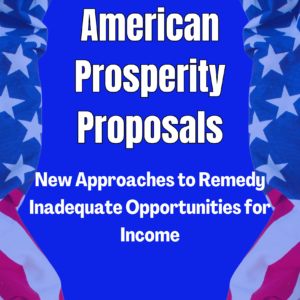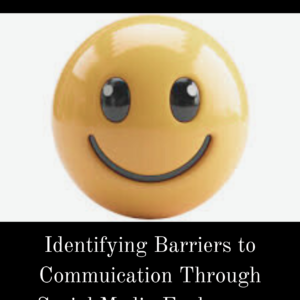Description
Introduction
The aim of this article is to dispel the myth that race is a source of any significant disadvantage in the United States. The greatest disadvantage in the United States is inadequate opportunities for time and money, and beginning in a low income household. An individual’s access to money typically determines their opportunities to make money or position themselves to make money. Personal development also typically depends on the level of household income a person is born into. After self deception all human problems are a product of inadequate opportunities for people to have time and money. The human constant is that all people want to do what they want to do in all settings. To do, requires know-how, money, and time, and know-how can typically be obtained through the availability of time and money. Race is the greatest divider of the underclasses and this division is one of the greatest obstructions to class goals.
I’m of the opinion that a person who is black and born into money benefits from all the advantages of white people born into money. A person born poor and white faces as many obstacles as a person of any other race born poor. The questions I intend to answer to validate this opinion are as follows: are black people discriminated against in education because of race? Are black people discriminated against in employment because of race? Are black people treated unfairly by law enforcement or in criminal justice proceedings because of race? Are black people denied housing opportunities because of race? Are black people denied access to service, public services or private services because of race?
The word systemic is thrown around by people who push racial division for their own gain. Then it is repeated by their followers who often don’t know what the word means or how to qualify that something represents a systemic problem. The United States has a history of systemic racial discrimination which provides examples of what systemic racism looks like. Today we have pre-Civil Rights Act rhetoric being used in a post Civil Rights Act nation. The words sound as good as they did then, but you’re pointing to problems that have not existed for a long time
When we say there is a systemic problem it means there are elements within the political, economic, and social systems that are producing or facilitating a problem. When it is legal for a school public or private to deny a person admission based on race this is a systemic problem. When a person is denied an opportunity for employment, either outright or only considered for certain jobs based on race this is a systemic problem. When a person cannot purchase a house or rent housing in certain neighborhoods based on race this is a systemic problem. When a person is denied adequate legal representation or being judged based on race by a racially biased jury or judge this is a systemic problem. When a person is attacked or harassed based on race and the perpetrators are not prosecuted this is a systemic problem. When a business owner can refuse to sell goods or services to people based on race this is a systemic problem. All of these things have occurred in the United States but are no longer occurring. Not only is it illegal to discriminate based on race, it is also socially unacceptable.
Some of these assertions are self-evident, where there are no examples of someone being denied social services, private services, educational opportunities, housing, legal representation, or being the victim of a crime where the perpetrators are not prosecuted. Other assertions will be qualified through data and proportion. Proportion denotes whether an example represents an exception or the norm. If an issue is systemic it means there is a system that is producing or facilitating that issue. If an issue is systematically facilitated it will produce a great proportion of examples. Otherwise it is an exception, and not the normal product of the system.
The general public is almost devoid of the ability to qualify an assertion, to show why something is something, definitively, by definition. Facts to people are choosing to believe something that feels good because it reinforces their perspective. People’s discernment of fact is based on feelings. People do not know the difference between a fact and an opinion. A fact is an observation whereas an opinion is what someone thinks about something. Some opinions are disqualified or invalidated because there is no factual basis for the opinion. This is a huge issue when it comes to making assertions about race.
To make a racial assertion there has to be something that shows a person’s behavior towards another person or group of people is motivated by race. Instead any comment can be removed from its intended context and be said to be racist. Any interracial interaction can be deemed racially motivated not based on anything overt that reveals treatment was racially motivated, but based solely on the fact that the two people involved were different races. The opinion is put forward, and lacking any evidence the opinion becomes fact based on the number of people who choose to believe it. This function is not limited to racial assertions, which is why there are primarily two groups of people in this country who have strong conflicting opinions about subjects they do not understand, and both groups’ opinions are invalidated by fact.
NOTE: To download book, return to page after purchase and the download option will be available on the page.






Reviews
There are no reviews yet.